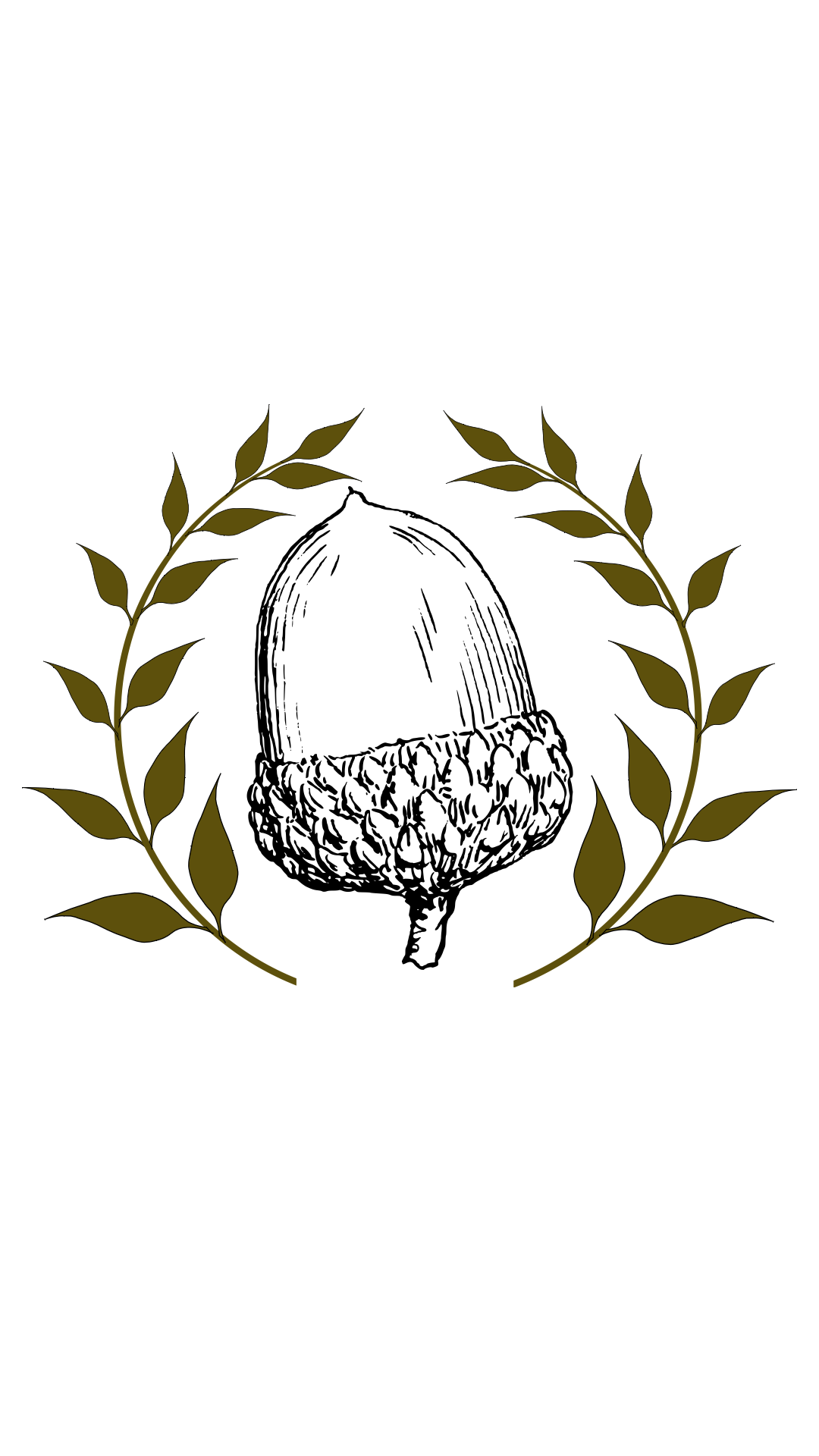Nutgraf Reviews: Animal-A Novel
- Chiara Greco

- Oct 15, 2021
- 3 min read
Lisa Taddeo's breakthrough novel explores the depths of female rage, revenge and endurance

Chiara Greco, Nutgraf Press Creator
Lisa Taddeo’s novel Animal, published in June 2021, covers the origin story of female rage and trauma according to Joan—the novel's protagonist. While the novel centres around Joan, her inner monologue represents a plethora of women as it explores the depths of revenge and endurance.
Taddeo’s writing is gut wrenching, intoxicating and familiar all at once. But perhaps what I enjoyed most was Taddeo’s exploration of what happens when rage overcomes all and strikes back against patriarchal power. If anything, Taddeo’s character of Joan represents every woman who's ever been disparaged by male violence.
The novel begins with the shocking jab of violence. Thereafter, Joan sets out cross-country to, in a cliche sense, find herself. As she travels from Manhattan to California Joan searches for her missing self—her half sister Alice. As she maneuvers through life in California Joan explores her past trauma and her relationship to brutality stemming from her parent’s deathly affair. She tells the reader her story, as if we were her child (which will make sense by the novels graphic ending).
The novel is not coherent and doesn’t really follow a chronological order, but neither does trauma. This is what I found most interesting about Taddeo's writing style, she becomes deeply engulfed in each character and finds a way to invite the reader into the life and space of the novel while still writing in a way that is truthful to the context at hand. Trauma is difficult and blurry, and Taddeo works to paint that image through Joan's own recollection of her past.
At first glance though Taddeo presents Joan as one dimensional. But, as the novel progresses, Joan becomes more than a character. She becomes the embodiment of female trauma and anger caused by patriarchal violence. Joan encompasses every woman. Her character transcends the novel's written text, becoming as much a person as an idea.
In an interview with Simon & Schuster, Taddeo said, "There are so many dark experiences that women have suffered, what I have seen is that sometimes people don't like to know all the dark things." With Animal, Taddeo said she wanted to show that the darkness is there, but that underneath this darkness there is hope. Though the only way to get to hope is through talking about the darkness.
Taddeo also touches upon the idea of anger not being acceptable for women and how this novel breaks that idea apart. Taddeo said, "We have a right to our rage." More often than not, female rage is viewed as something that is unsavoury, or something meant to stay in the darkness. But female rage is born out of pain, just as how Joan was born, or the novel itself.
As such, the novel presents itself as an intimate experience between the self. Like Taddeo's non-fiction work Three Women, Animal explores culpability, desire and blame. The novel is an extension of Joan, just as it is an extension of the reader. But, I do have some issues with the work and it's portrayal of Joan especially in the end sequence. I found that Joan's character didn't really experience the growth I yearned for. In a way, Joan is like the anti-hero. Throughout the novel, she consistently viewed women through the lens of the patriarchy. Each character was sexualized, and while I understand why this may be, it seemed to be overdone in some instances. By the novel's end I did feel as though I was missing something more.
In all, the novel is ambitious perhaps biting off more than it can chew. While Taddeo could have expressed Joan's character apart from sex and trauma, I do think that the novel aims at a higher goal with this, Joan is not just one person but many. The novel is not only a depiction of female rage, but it is also a lesson to women that their stories can and should be dictated on their own terms.






You kind of got her right but the hope it left me with I did not find anything lacking it was a beautiful arch… I hated her she annoyed me I judged her. In the end she was me.